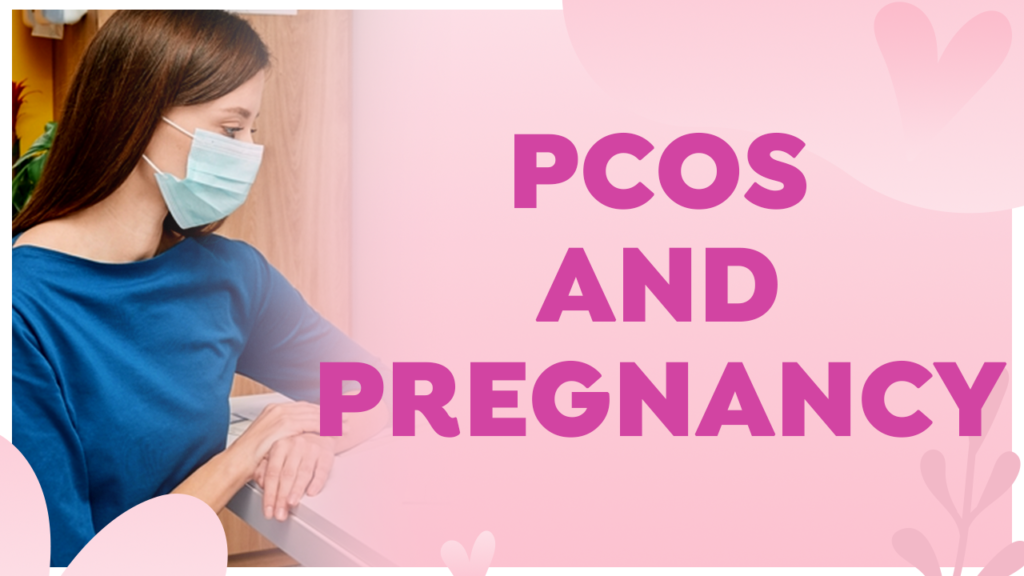Polycystic Ovary Syndrome (PCOS) is a common hormonal condition that affects how a woman’s ovaries work and affect their hormone levels during their childbearing years.

Pregnancy Complications in PCOS
If you have PCOS, you might struggle to get pregnant. Having PCOS can increase your risk of some complications during pregnancy.
Miscarriage:
Women with PCOS are three times more likely to miscarry in the early months of pregnancy than women without PCOS. Some research shows that metformin may reduce the risk of miscarriage in pregnant women with PCOS.
Preeclampsia:
Preeclampsia is a sudden increase in blood pressure after 20th week of pregnancy. If left untreated it can turn into eclampsia, which can lead to organ damage, seizures and even death.
Pregnancy-induced High Blood Pressure:
Increase in blood pressure that occur in second half of pregnancy. If left untreated, it can lead to preeclampsia.
Gestational Diabetes:
Diabetes that develops only during pregnancy and usually disappears after the baby is born.
Babies whose mothers have gestational diabetes can be very large, have low blood sugar, and have trouble breathing.
Preterm Birth:
If an infant is delivered before 37 weeks of pregnancy, they are referred to as Preterm. Preterm babies are at risk for many health problems, both right after birth and later in life.
Cesarean or C-section Delivery:
Pregnant women with PCOS are more likely to have C-sections because of the pregnancy complications associated with PCOS, such as pregnancy-induced high blood pressure or gestational diabetes.
